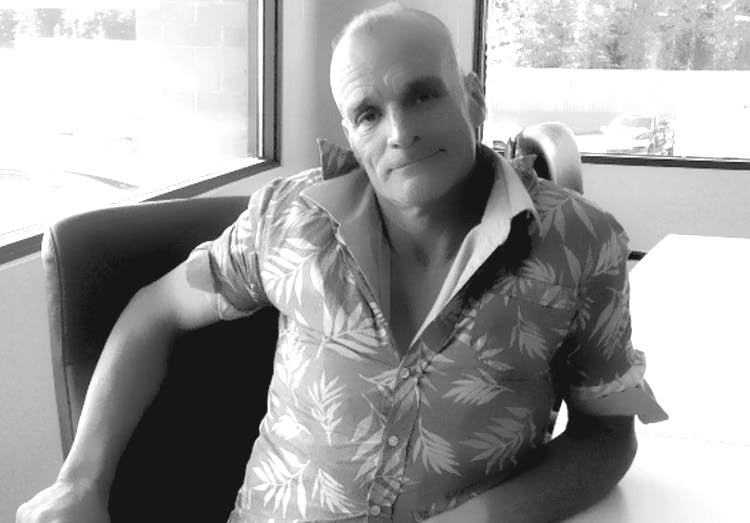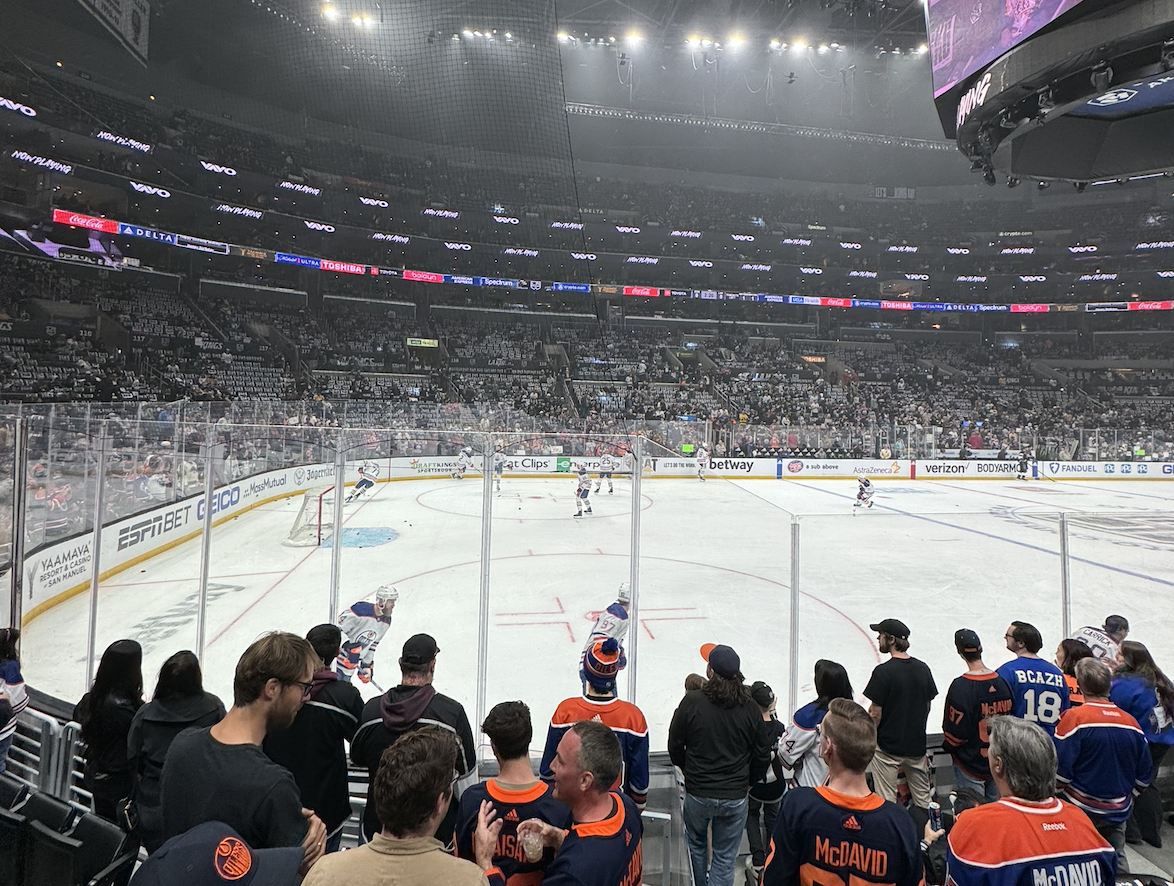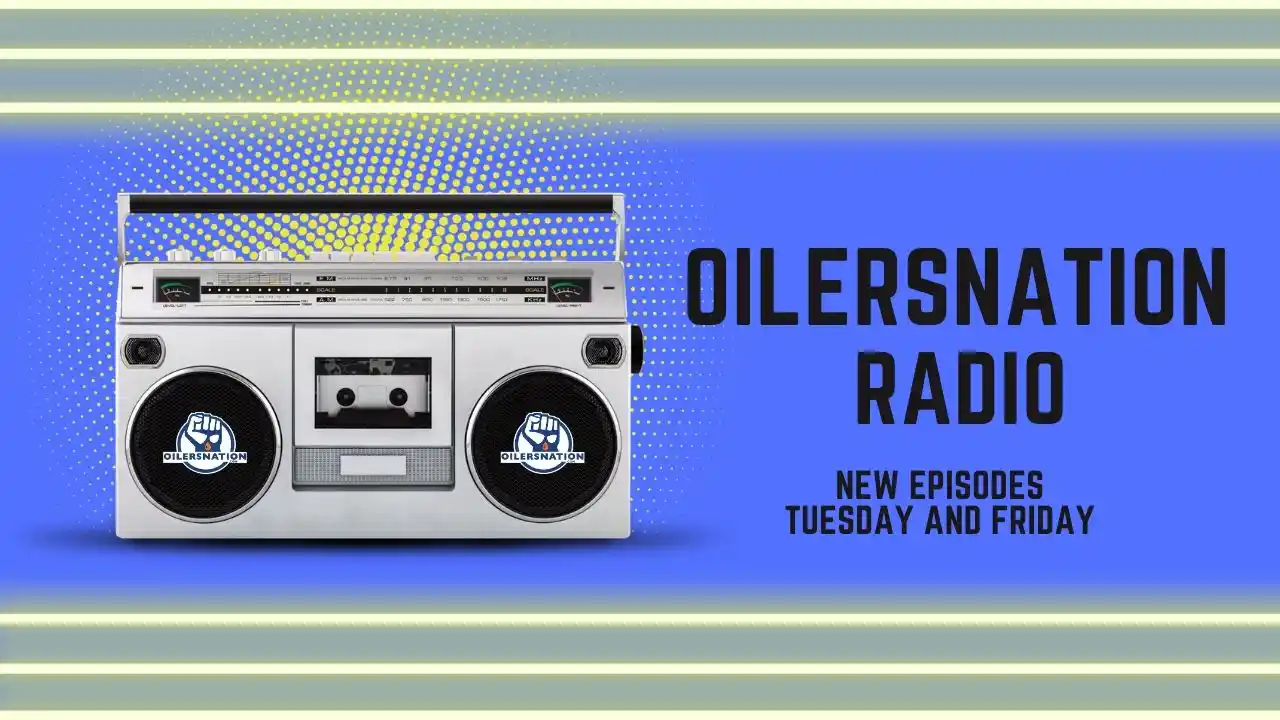Waiting on Joe

A lot of people have reached out to former NHLer Joe Murphy since the news broke that he is destitute and homeless and living on the streets of Kenora, Ont. I imagine a lot more people will do the same right across the country when his story goes national with the item, Finding Murph, running on TSN tonight.
It’s been 24 days since I wrote about Murphy after seeing an item by Mike Aiken, the news director at Q104 FM Radio in Kenora. I know because of I’ve been counting the days since, expecting the phone to ring after talking to Michael Strecker, who owns the land Murphy has regularly camped on, and leaving my name and phone number to pass along, which he did.
I was sure Joe would remember me from his days playing with the Edmonton Oilers. That aside, I made sure Strecker knew I wasn’t just calling as a writer interested in latching onto Joe’s story, but as somebody working with the Mustard Seed, an organization that exists to help the homeless. We could help him. It’s what we do. Here we are 24 days later. Still no call from Joe.
Well, whether it’s my relative inexperience working with the homeless showing or I’m just naive, what I didn’t consider, what didn’t cross my mind, is we can only help Joe when he decides he wants help. That’s Joe’s call to make, not ours. The same holds true for the thousands of less-famous people not named Joe Murphy living on the street right across the country. We can open the door, but they have to walk through it.
EXTEND A HAND

That truth was driven home Tuesday when I talked with Aiken, who not only was the first to interview Murphy, but has a history of involvement with people in the same situation Joe is in now. Among other things, Aiken was part of an outreach program in Ottawa for 12 years. He’s served on the board of the Kenora Fellowship and Emergency Centre for five years.
“I guess I’ve seen a fair number of people on the street,” Aiken said. “I have a fair knowledge of the system and how it works here. When I described it as the life of Riley he was living earlier (in his July 7 story), I think that’s still the case. He still seems to be enjoying summer here in the Lake of the Woods area. He works when he needs to. Otherwise, he seems to be enjoying life the way we wants to.
“It’s not, perhaps, living the way that most of us would, but he seems happy and physically healthy. Mentally or emotionally, some people in their life have been through enough or had enough and they just choose to let go of that and simplify things. I get the impression that’s where he’s at.
“I will say that, through the contacts I have here in the community, and I have a number of them, we’ve sort of informally discussed how he’s doing and where he’s at and made a number of offers to him for assistance. Some of them he takes, but in terms of reaching out to the people in his past he doesn’t seem to want to do that at this point. I’ve personally spoken to him and confirmed that he has those contacts, generous offers, but at this point he chooses not to take them up.”
ON THE STREET

For the average person, accepting help and getting off the street seems like an obvious choice. Who wouldn’t want to leave life on the street, life without a home, behind if given the option? The reality in many cases right across the country, though, is that mental health or substance addiction, often both, plays into things.
In recent years, Murphy, who sustained head injuries — concussions and a fractured skull — during his NHL career and was part of a failed attempt to bring a class-action lawsuit against the league, has had a history of erratic behavior. In 2017 he was convicted of mischief and served seven days in jail for trashing a Kingston motel room.
In 2014, while coaching a team in the town of Alliston, Ont., Murphy ending up resigning his position after an altercation that resulted in a no-trespass order being issued against him. While the incident in question was deemed to be non-criminal in nature and no charges resulted, Murphy was banned from all recreational facilities in town.
After watching the TSN special, it’s obvious mental health is an issue with Joe. What about substance abuse? I’m no doctor so I can’t say to what degree the brain trauma Joe sustained playing hockey factors into this, but it does. While Murphy occasionally makes use of a shelter in Kenora, the Ne Chee Friendship Centre, he most often sleeps outdoors, at the acreage he camps on or elsewhere. I’m told Joe spends a lot of time wandering the streets or hanging around a gas station down by the local Wal-Mart.
THE WAY BACK
Failed to load video.
“In person, when he’s having a good day, he’s happy-go-lucky, happy to talk to you and very sociable,” Aiken said. What about the bad days? “Living on the street is difficult on people. Having head trauma is difficult on people, but I get the impression that there’s something further that’s underlying that . . . I’m thinking that there’s some kind of a mental health situation in there.”
If that’s indeed the case with Murphy, as it seems, what do we do with that? What can we do? Regardless of the reason, including mental health or addiction, if Murphy chooses not to accept help from those who have reached out from right across the country, doesn’t he have that right? Likewise, to choose how and where he lives?
“We’ve been in contact with people over the years and we’re always surprised that when it comes to being housed, they don’t want our help,” said Dean Kurpjuweit, who is the managing director at The Mustard Seed in Edmonton. “For whatever reason, and it’s obviously reasons we have trouble comprehending, some people are just comfortable in that lifestyle. It’s a lifestyle that they are choosing for now.
“That can change. There can often be an occasion where something makes them change their mind, but part of respecting the dignity of people who aren’t housed is respecting the fact that sometimes they choose to live without housing. We have to wait for them to choose something different for their life.”
AN OPEN DOOR
That’s all we can do, and what we must do, with Murphy. We can’t simply start a GoFundMe page or hold a fund-raiser that will solve the problem and make things right. What we can do is be willing and ready to help when Joe is ready to accept it. The same holds true for every single person living on the street. They all matter, even if they don’t make headlines.
“Part of the Joe Murphy story, I think, that’s significant for all Edmontonians to understand is that this puts a face on something we know within The Mustard Seed, and that’s that anyone can end up homeless,” Kurpjuweit said. “It doesn’t matter your profession. It doesn’t matter your lifestyle. It doesn’t matter how much money you earned.
“There’s a possibility that this can happen to any individual. For me, this shines a light a little bit on that, to what we have in our heads. What circumstances would lead to someone living on the street? I know that stereotype is wrong. Joe’s story really kind of drives that home. It can, truly, happen to anybody.”
We’re here, Joe. So are people right across the country. The door is open.
Previously by Robin Brownlee
Recent articles from Robin Brownlee





